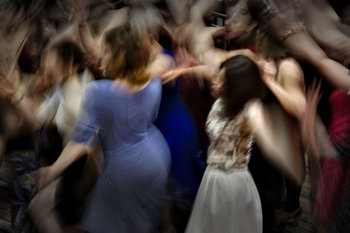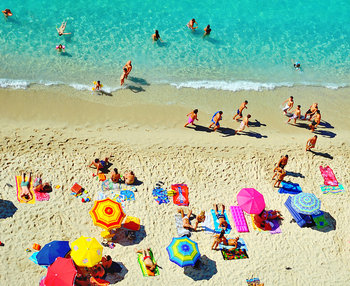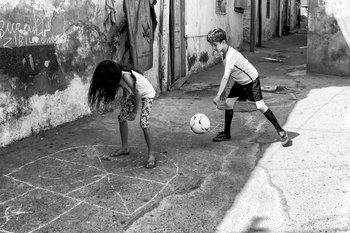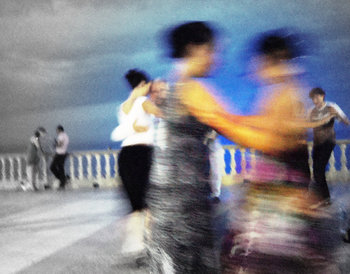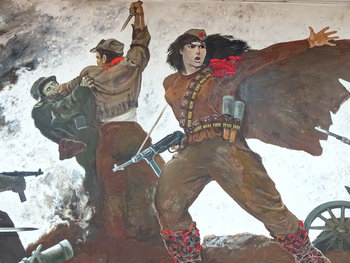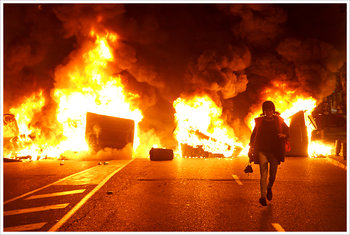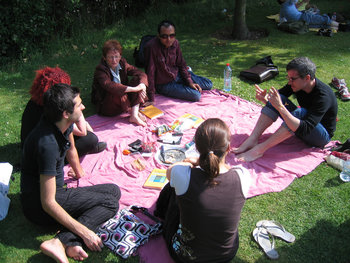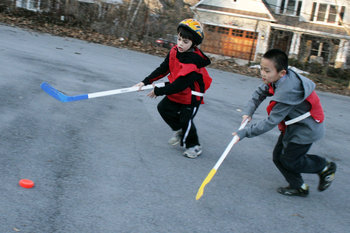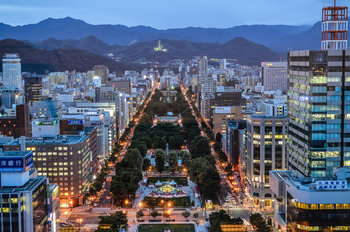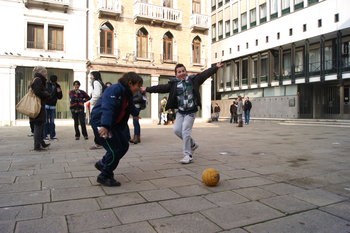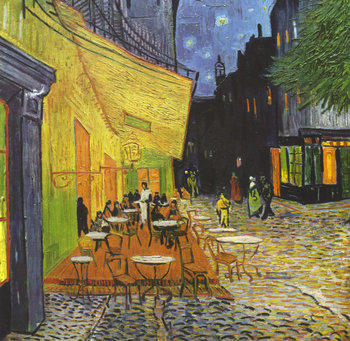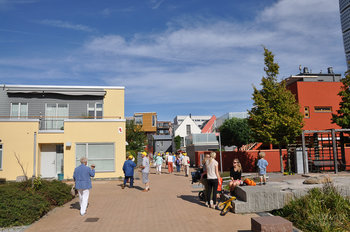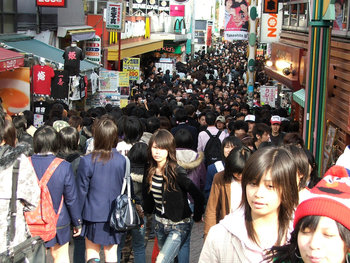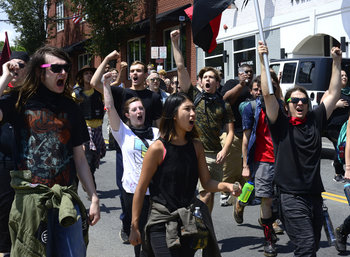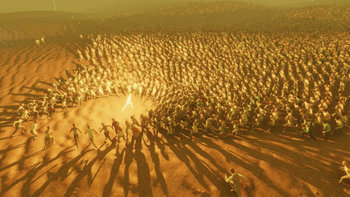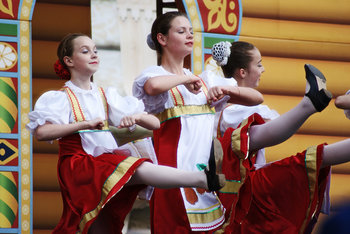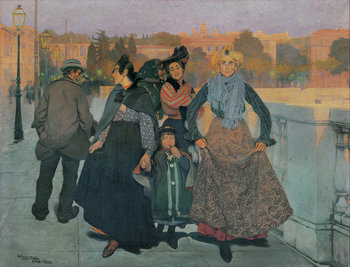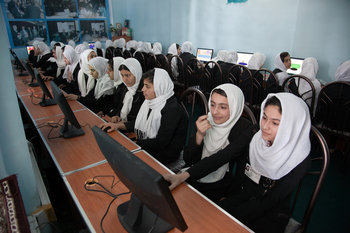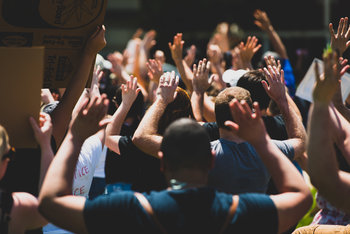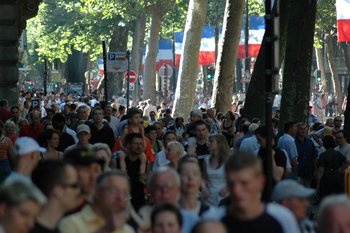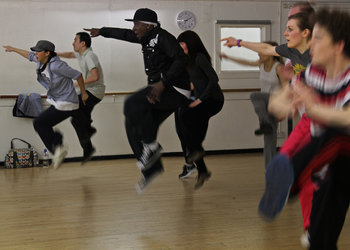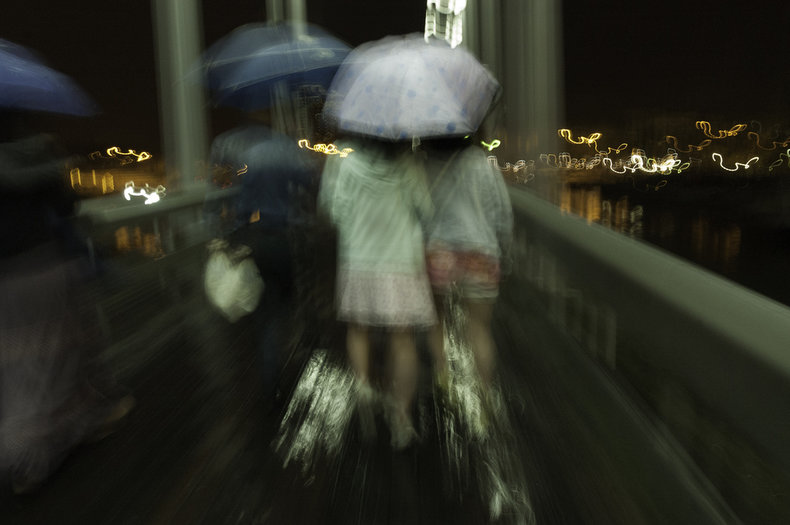
Domestic Travel
The right to travel to all regions and areas of your own country.Public Space
Freedom of movement requires ample public space that allows people to be outside and move from place to place.Private Property
Freedom of movement may limit private property rights in some cases. For example, a private land owner may be required to provide a means to access public land such as a beach if their land is mostly surrounding it according to right of access laws. Likewise, nations and cities may expropriate land with sufficient compensation where the land is important to freedom of movement. This is to prevent the historical problem of robber barons who charged high tolls to cross land that was essential to transportation and freedom of movement such as the only path between two towns.Right To Chose a Residence
The right to move and to live in a place of your choosing.Right To Leave
The right to leave a country to go somewhere else. For example, a citizen that has a right to a passport and to leave a country without undue hindrance.Right To Return
A right to repatriate to your own country.Freedoms of the Air
The right to fly over private property above a height defined by law.Transport
A broad interpretation of freedom of movement might include a right to access transportation at a reasonable cost. For example, a remote community might ask a government to subsidize transportation based on the community's right to movement.Services
Certain services may be a right based on freedom of movement such that they can't be arbitrarily denied to an individual. For example, if a national airline bans a person from flying based on a minor commercial dispute that individual may argue that this violates their right to movement by effectively preventing them from traveling.Children
Children commonly have their right of movement restricted by parents or local governments. For example, curfew laws that prohibit children from being outside their home after a certain time. In extreme cases, such laws also apply to children who are with their parents or guardian. Severe restrictions on a child's right of movement may additionally infringe on the right to education and right to play.Notes
In many countries, freedom of movement is a constitutional right. In fact, this is amongst the most common clauses to be found in national constitutions.| Overview: Freedom Of Movement | ||
Type | ||
Definition | The right to travel from place to place. | |
Related Concepts | ||


